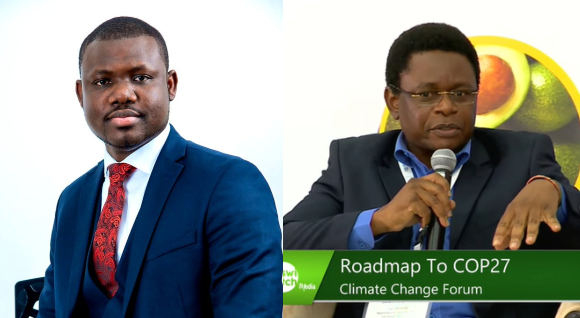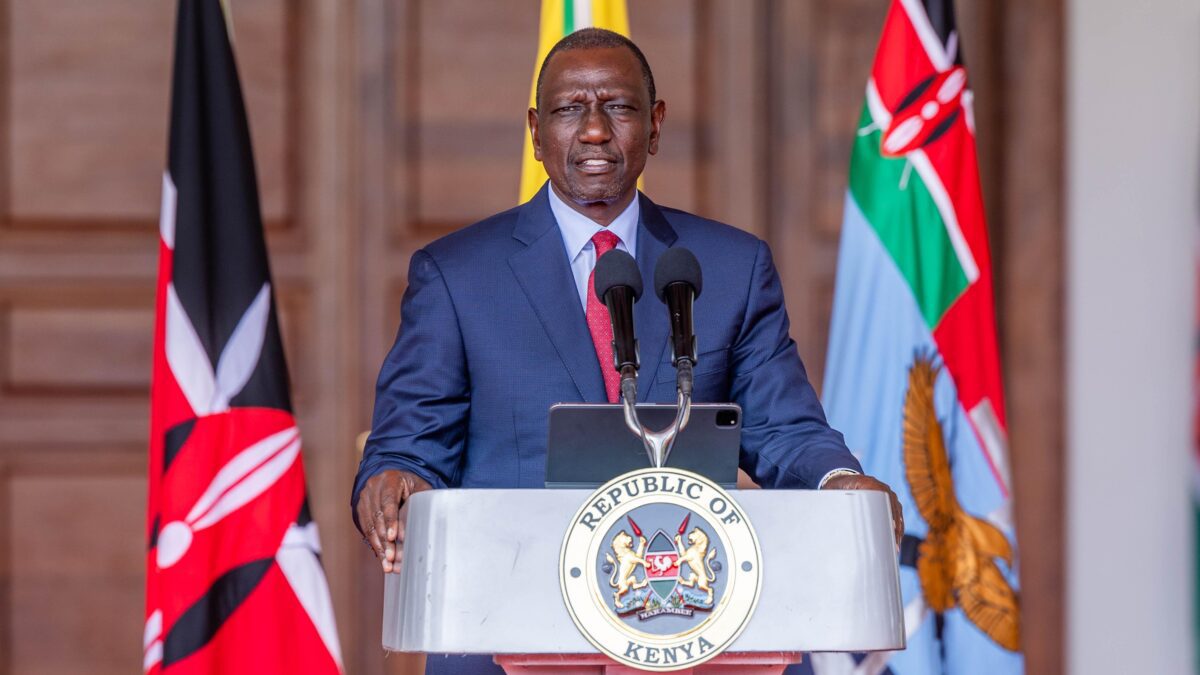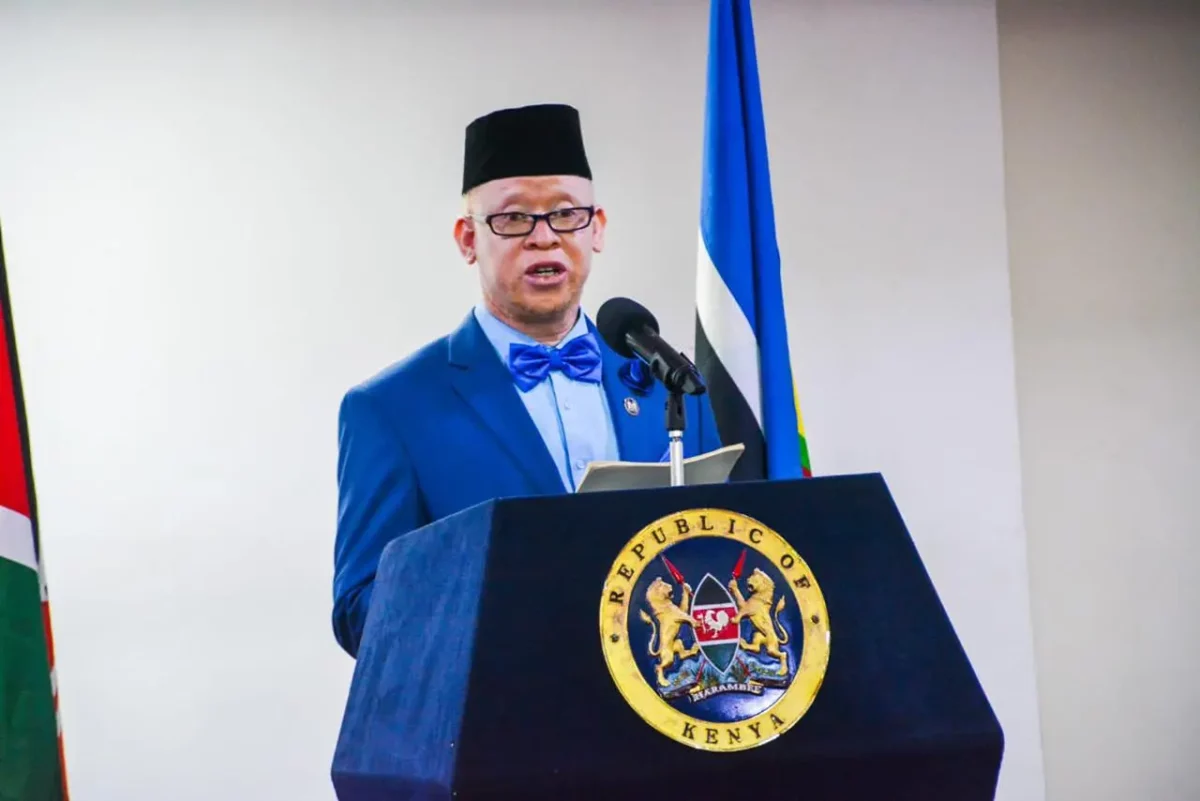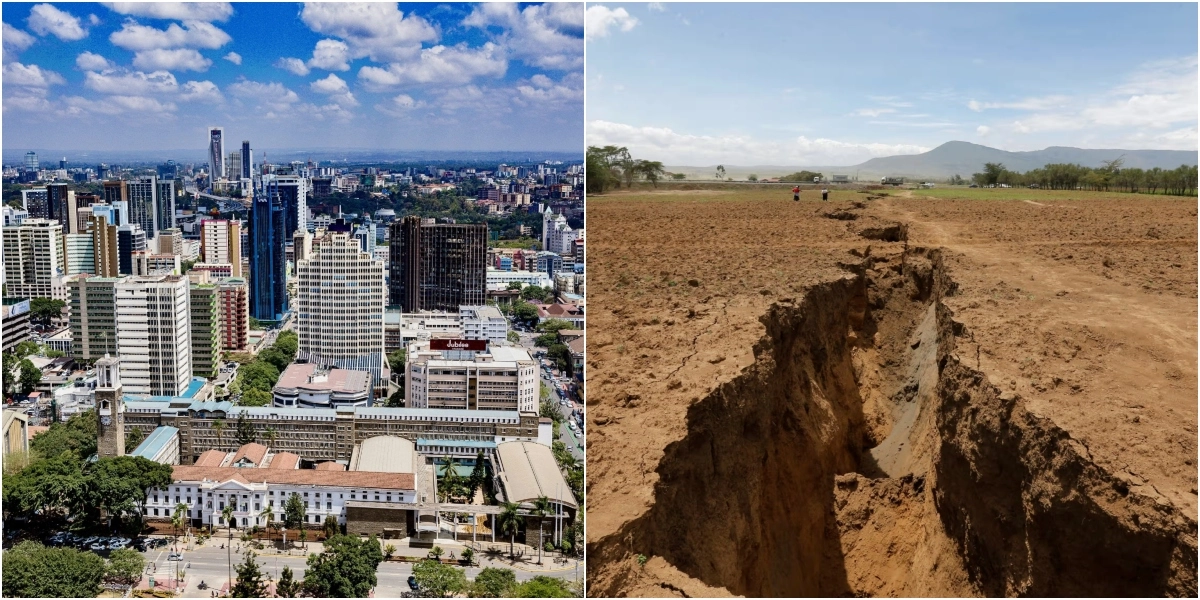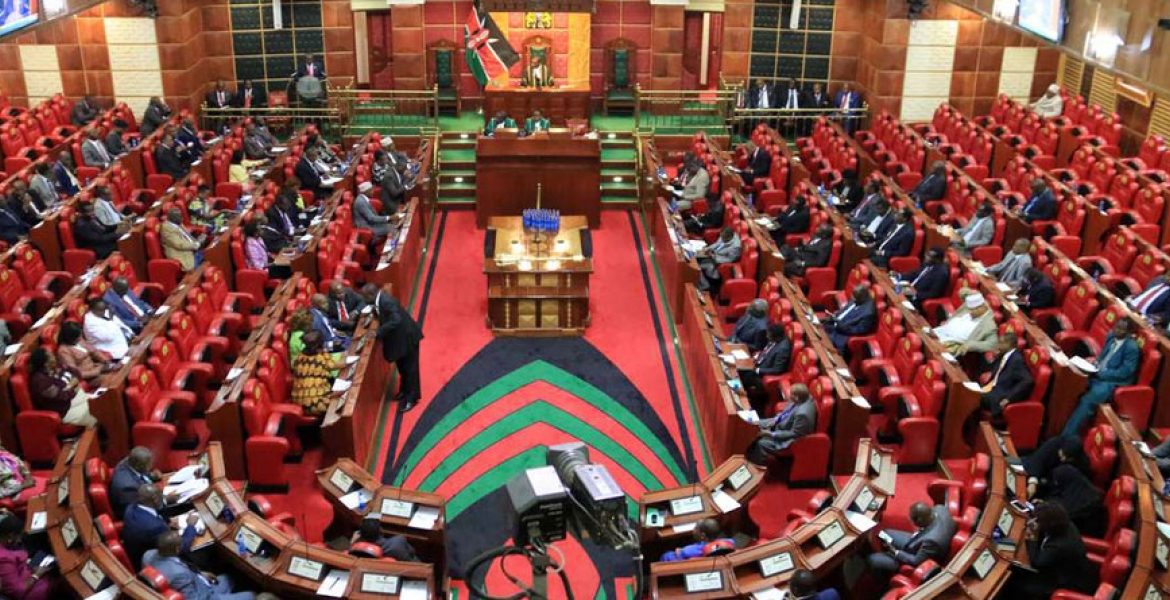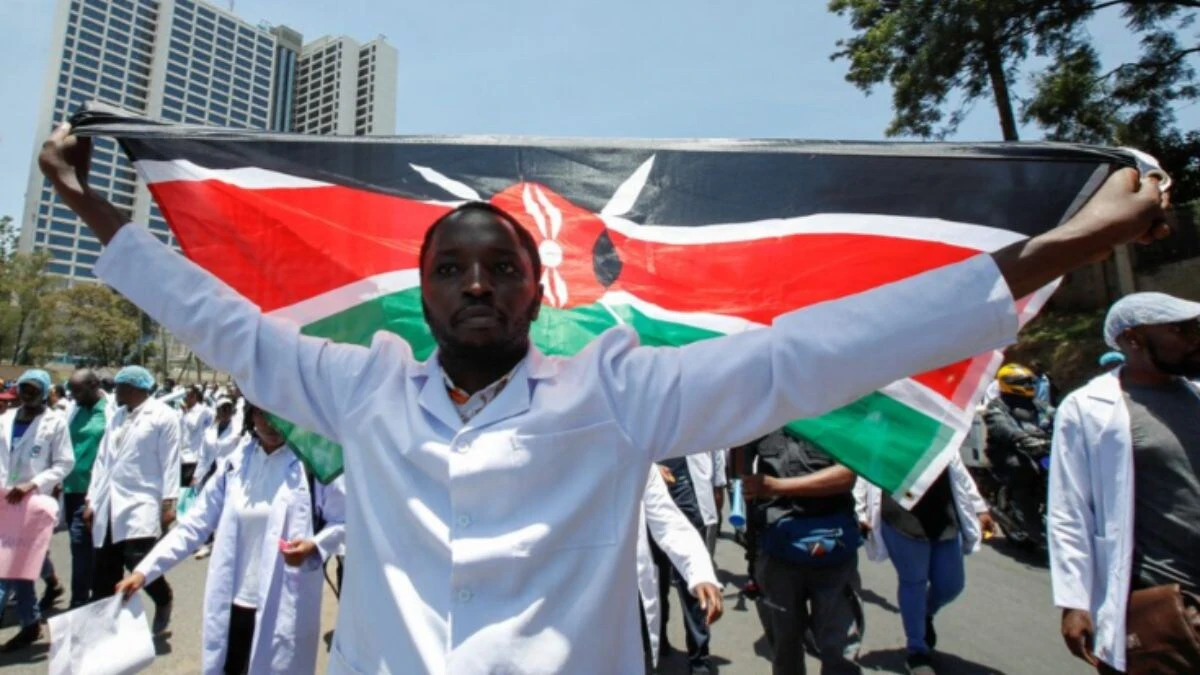The African Development Bank (AFDB) has revealed that Kenya will require $ 62 billion over the next 8 years to combat Climate Change.
“Currently Kenya’s Climate Change fund stands at $4-5 billion which is a smaller fraction of that total figure if the country wants to tackle the impact of Climate Change for economic growth by the year 2030,” says Africa Development Group, Regional Principal Officer, Olufunso Somorin.
Olufunso was speaking virtually during Switch Media’s Climate Change Forum taking place today in Nairobi, at Boma Inn hotel.
The forum is part of the media entity’s role in joining the continent’s voice on Climate Change ahead of COP27 which is set for November this year in Egypt.
The two-day forum brings together experts, scholars and players within the climate change sector to address the loopholes facing the mitigation and adaptation in tackling climate change in Kenya and Africa.
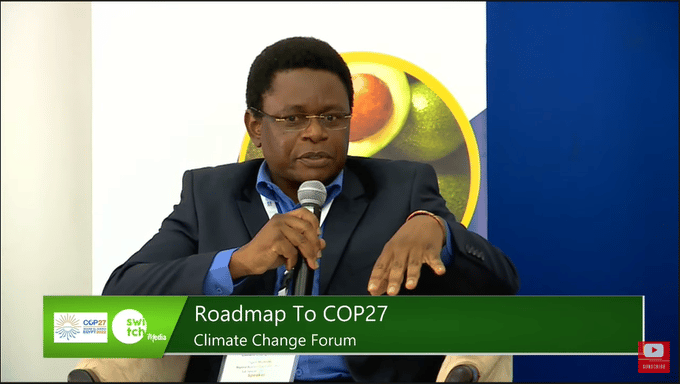
Olufunso also pointed out that climate finance is the biggest bottleneck in addressing Climate Change in Africa.
“The continent requires $250 billion per year and this can only be done through a constructive financial approach by pulling resources from both developing partners and private sector.”
AFDB has created technical support and the African Financial Alliance on Climate Change to spur financial allocations on Climate Change to support local projects.
“African financial exchange markets should focus on green bonds that foster funding towards the Climate Change projects across the country.” Comments Tigere Muzenda, Regional Business Investment Officer, SNV-Dutch Fund for Climate Development.
The continent has been urged to prioritize climate change in its budget allocation.
“We are talking about achieving smart cities, renewable energy, electric vehicles, and garbage recycling but why is it that we don’t allocate more funding to these sectors. It’s simply because we are not prioritizing the climate funding sector, the other thing is that the public needs to be educated on climate change from the primary level to the tertiary,” he said.
Adaptation is also a weak link, especially in the remote areas of Africa where climate-related projects are been undertaken.
“Political goodwill is still lacking and this affects the implementation of these projects. We must design these funding models from the grassroots and not from the boardrooms. This is not working because those boardroom players don’t fully understand the local mechanism of implementing and executing those projects. The focus should be grassroots-driven to achieve a better financial model,” he said.
“There is a need for collaboration in creating awareness right from the rural areas. We also need to adapt to new technological solutions in addressing climate change impact.”


